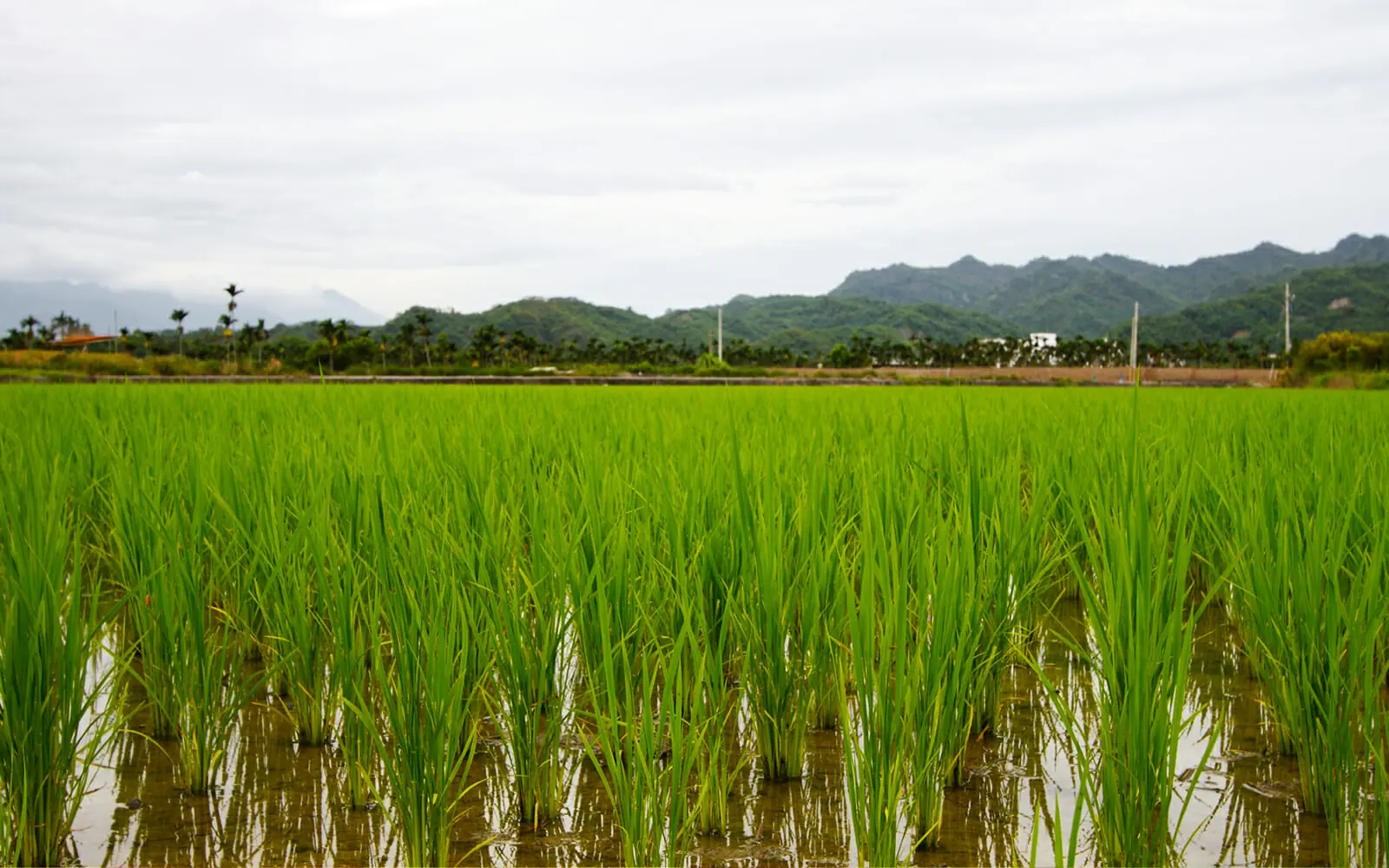Weeks after a mysterious disease was first reported in Ambala’s paddy fields, farmers across Haryana’s key rice-producing districts—Karnal, Kurukshetra, Ambala, Kaithal, and Yamunanagar—are alarmed by stunted crop growth linked to the Southern Rice Black Streak Dwarf Virus (SRBSDV). The disease, which causes dwarfing in plants, has affected large swathes of farmland and led to mounting losses, prompting farmers to demand a special girdawari (crop damage survey) and compensation.
The virus has been found primarily in high-yielding, early transplanted non-basmati paddy varieties such as PR 114, PR 131, and PR 126—especially those sown between June 15 and 20. Field surveys by the state agriculture department, state universities, and central agencies have confirmed widespread presence.
According to district data, about 5,000 acres in Karnal’s Assandh and Nissing blocks, 6,500 acres in Kurukshetra’s Ladwa and Pehowa blocks, and another 6,500 acres in Ambala’s Mullana, Saha, and Naraingarh blocks are severely impacted.
Deputy director agriculture (Ambala), Jasvinder Saini, warned that if not addressed promptly, the virus could reduce yields by up to 80%. Farmers have been advised to uproot and bury infected plants and regularly monitor their fields. “Many in my area have already ploughed up 30-40% of the affected fields,” he said.
Farmers say that despite efforts, the infection persists. Isham Singh from Indri in Karnal, who cultivated paddy on 11 acres, said he has used the recommended insecticides but with no success. “There’s no cure. We used to get 28–30 quintals, now we may get just 14,” he said, adding that expenses have only gone up.
Sandeep Sharma from Pehowa echoed similar concerns. “A portion of my field is infected, but my cousins in Ambala have suffered more. There’s no solution, and the government is silent. We need a special girdawari,” he said.
A central team led by Vandana Pandey, deputy director (plant pathology), RCIPMC, Faridabad, surveyed the affected districts from August 5–7. During their visit to Khawaja Ahmadpur in Karnal, the team identified the white-backed plant hopper—the vector responsible for spreading SRBSDV.
Speaking to Hindustan Times, Pandey said the symptoms resemble the 2022 outbreak, and samples from affected fields have been sent to labs for confirmation. “Many farmers have already sprayed insecticides. But we urge them not to spray unless hoppers are actually seen,” she said.
Farmer unions have raised the issue with the government. Gurnam Singh Charuni, president of the Bhartiya Kisan Union (Charuni), said that apart from the virus, excessive rains and waterlogging have added to farmers’ woes.
“This disease is beyond farmers’ control and has ruined crops. The administration must conduct a fair assessment of the losses and provide timely compensation,” he said. Charuni also stressed the need for long-term disease management strategies.
Inderjit Singh Goraya, national spokesperson of the All India Kisan Congress, criticised the government for inaction. “The time for transplantation is over. Farmers can’t replant. The government should have acted earlier, especially by regulating seed variety sales. Losses may exceed ₹10–15 lakh,” he said.
To contain the spread, DDA Kurukshetra Karam Chand recommended insecticide sprays once 5–10 adult aphids are visible per plant. He suggested using 80 grams of dinotefuran 20% SG or 120 grams of pymetrozine 50% WG per acre, mixed in 200 liters of water.
Haryana’s Agriculture and Farmers Welfare director Rajnarayan Kaushik did not respond to calls or messages.
Source - https://www.hindustantimes.com













